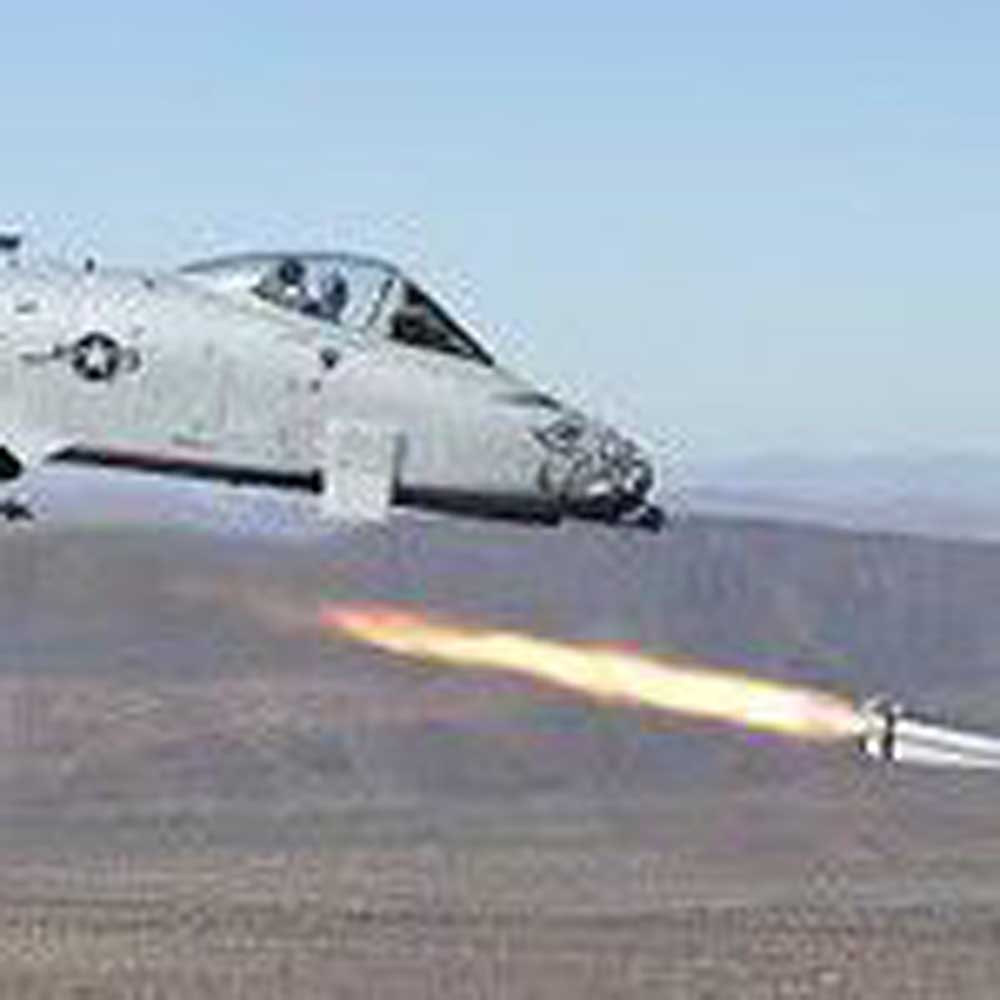Military’s mission is not climate change
Published 9:01 pm Monday, February 8, 2016

- The A10 "Warthog."
Way back in the fall, GOP presidential candidate Mike Huckabee made waves with a very simple statement that is undeniably true, as far as it goes. “The military is not a social experiment,” he said. “The purpose of the military is to kill people and break things.”
That’s not all the military does, of course. But that’s what it does best. It plays a role in disaster response throughout the globe, and through its strength, it promotes peace. But those are both subsets of what it does really, really well – it projects power, in terms of soldiers and material, quickly and efficiently, wherever they are needed.
Trending
At the same time, the military is a microcosm of our society that’s completely under governmental control. And that’s why Congress and various presidents just can’t help themselves. They have to treat it like a social experiment.
Last week, the Obama administration gave the military a new assignment.
“The Pentagon is ordering the top brass to incorporate climate change into virtually everything they do, from testing weapons to training troops to war planning to joint exercises with allies,” the Washington Times reported. “A new directive’s theme: The U.S. Armed Forces must show ‘resilience’ and beat back the threat based on ‘actionable science.'”
As the Times explained, “The directive, ‘Climate Change Adaptation and Resilience,’ is in line with President Obama’s view that global warming is the country’s foremost national security threat, or close to it. Mr. Obama says there is no debate on the existence of manmade global warming and its ensuing climate change. Supporters of this viewpoint label as ‘deniers’ any scientists who disagree.”
Dakota Wood, a retired Marine Corps officer who now serves with the Heritage Foundation, said the idea is a bad one.
“I understand the motivation behind and intent for such guidance,” he said. “The problem is that it includes such a wide variety of issues with no explication or context that enables the offices mentioned to differentiate and prioritize activities and efforts across time or intensity.”
Trending
We need not have an argument here about whether human-caused climate change is a reality or a flawed computer model; the issue here is much more immediate and tangible. Should we distract the U.S. military with a politicized agenda of addressing climate change, when there are people in the world still shooting at us?
Writing in Foreign Policy magazine, Jim Gourley warned that an expansive view of the military’s role is dangerous.
“We have committed the error of confusing a military that can do anything with one that can do everything, and with disastrous results,” he wrote. “The military is burned out from over a decade of war, and its highest leaders continue the refrain in speech after report after testimony that there is no rest for the weary on the horizon.”
To safeguard the United States and its interests, he wrote, “we should pare the multi-tool back to a hammer and return it to the toolbox.”
The military’s proper role isn’t to attack climate change. It’s time to stop distracting our defenders.






